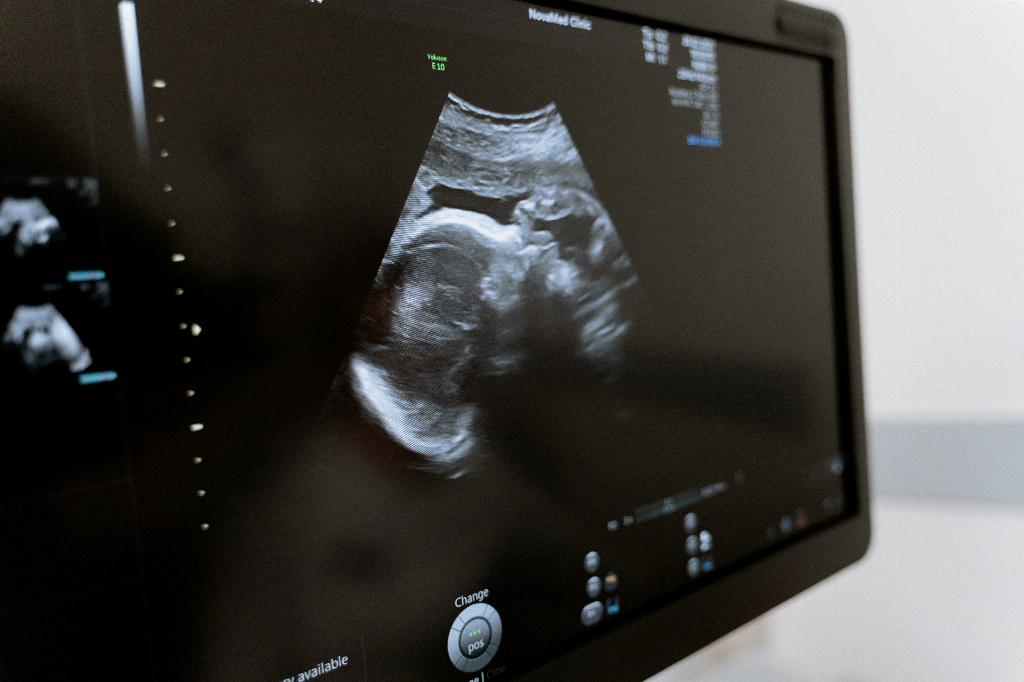Menstrual irregularities are more common than you might think, affecting around 14-25% of women of childbearing age. While a missed or late period often raises immediate concerns about pregnancy, there are various other factors that can contribute to this occurrence.
Hormonal Imbalances
One of the primary causes of a late period when not pregnant is hormonal imbalances. Hormones play a crucial role in regulating the menstrual cycle, and fluctuations in hormone levels can disrupt this process, leading to irregular periods.
Hormonal Birth Control
Women who use hormonal birth control methods such as the pill, patch, or intrauterine device (IUD) may experience changes in their menstrual cycle. These methods can alter hormone levels in the body, potentially causing a late period or irregular bleeding.
Stress and Emotional Factors
Stress can have a significant impact on a woman’s menstrual cycle. High levels of stress can disrupt the hormonal balance in the body, leading to changes in the duration and timing of periods. Emotional factors like anxiety and depression can also influence menstrual regularity.
Weight Loss and Extreme Exercise
Rapid weight loss or engaging in intense physical activity can affect hormone levels and lead to a late period. Women who follow restrictive diets or participate in rigorous exercise routines may experience disruptions in their menstrual cycle.
Thyroid Disorders
Conditions such as hypothyroidism or hyperthyroidism can interfere with the production of thyroid hormones, which play a role in regulating the menstrual cycle. Thyroid disorders are known to cause irregular periods in women.
Polycystic Ovary Syndrome (PCOS)
PCOS is a common hormonal disorder among women of reproductive age. It can cause irregular periods, as well as other symptoms such as excess hair growth, acne, and ovarian cysts. Women with PCOS may experience late or missed periods.
Perimenopause
As women approach menopause, typically in their late 40s to early 50s, their hormone levels begin to fluctuate. This transitional phase, known as perimenopause, can lead to irregular periods and occasionally missed cycles.
Uterine Fibroids
Uterine fibroids are noncancerous growths that develop in the uterus. These growths can disrupt the normal functioning of the uterus and cause changes in the menstrual cycle, including late periods and heavy bleeding.
Endometriosis
Endometriosis is a painful condition in which the tissue that normally lines the inside of the uterus grows outside of it. This abnormal growth can lead to menstrual irregularities, including late periods, as well as severe cramping and pelvic pain.
Medication Side Effects
Sometimes, certain medications can impact the menstrual cycle. Drugs like antipsychotics, chemotherapy drugs, and corticosteroids may cause changes in hormone levels that result in late periods or irregular bleeding.
Medical Conditions
Certain underlying medical conditions, such as diabetes, polycystic kidney disease, or liver disease, can affect hormone regulation and menstrual regularity. It’s essential to consult with a healthcare provider if you suspect a medical condition may be the cause of your late period.
When to Seek Medical Advice
If you are consistently experiencing late periods or other menstrual irregularities, it’s crucial to consult with a healthcare provider. They can help identify the underlying cause of your late period and recommend appropriate treatment options to restore menstrual regularity.

